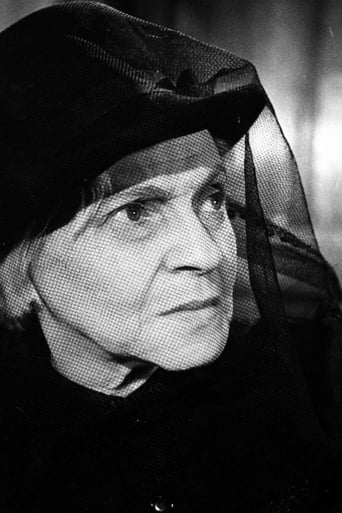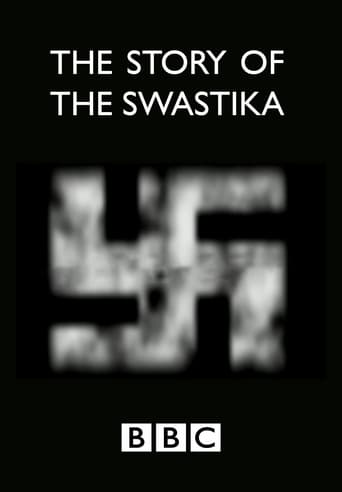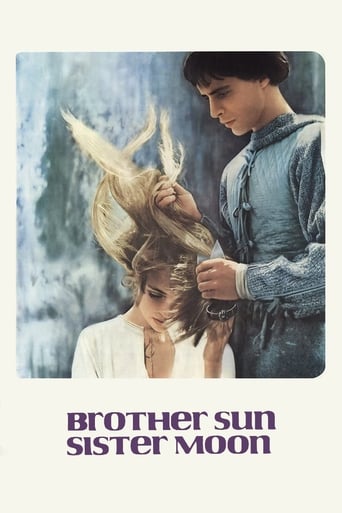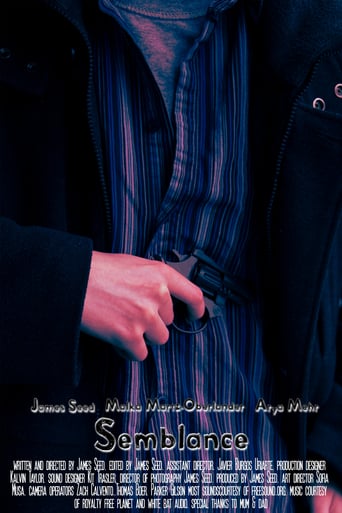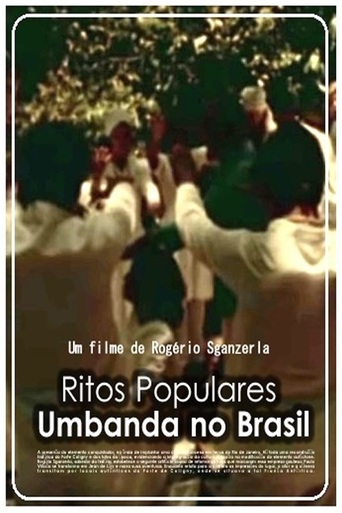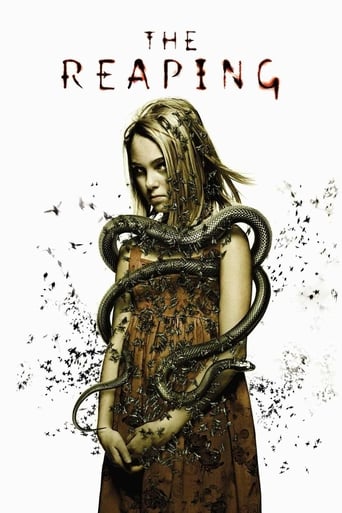

Tkies khaf (1924)
Starring real-life mother and daughter Ester-Rokhl Kaminska and Ida Kaminska, this film is a precursor to the 1937 classic, The Dybbuk, featuring the same classic tale of frustrated love and destiny and the breaking/fulfillment of vows.
Watch Trailer
Cast
Similar titles
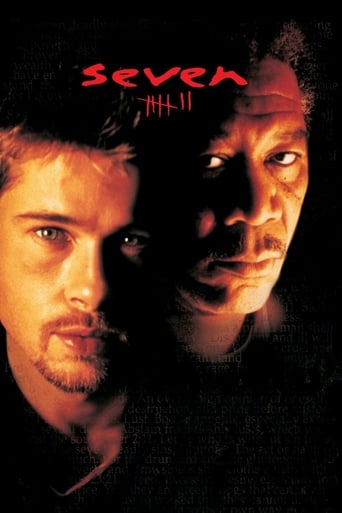


Reviews
the audience applauded
It's fun, it's light, [but] it has a hard time when its tries to get heavy.
It's complicated... I really like the directing, acting and writing but, there are issues with the way it's shot that I just can't deny. As much as I love the storytelling and the fantastic performance but, there are also certain scenes that didn't need to exist.
The story, direction, characters, and writing/dialogue is akin to taking a tranquilizer shot to the neck, but everything else was so well done.
"A Vilna Legend," "Tkies khaf," exists in two versions. The original silent film is from 1924. In 1933 a large part of the original film was sandwiched between new scenes with sound. The result is a fascinating look at the life of Vilna's observant Jewish community in what was known as the "Jerusalem of Lithuania" before its total destruction by the Nazi invaders.Thanks to joint efforts by film preservationists, the Brandeis University center for Jewish film being at the forefront, a restored 1933 film is now available and is being shown at art houses and during Jewish Film festivals. Today I saw the film at the Jacob Burns Film Center in Pleasantville, NY, a remarkably fine art house for a place not in New York City. In the restored version, travelers, all men, meet at a tavern and in the time honored tradition reminiscent of Chaucer they begin to tell stories. Imbibing moderately but with gusto they hear one of their companions relate a story about how the prophet Elijah,important in Jewish lore, engineered a happy ending to a convoluted tale of love almost lost in Vilna.As the narrator unfolds his story, the silent film begins (with subtitles or we'd all be lost). Two close male friends pledge that if one has a son and the other a daughter, their children will one day wed.Each has a child of the specified gender but the path to marital bliss is derailed by a scheming, corrupt businessman who has jewelry originally held in pledge by the father of the little girl for a general to whom he lent money. The father's death resulted in the widow not being able to redeem the pledge plunging her and Rachel, her daughter, into destitution. The smarmy businessman, resembling many stereotypes of avaricious Jews, takes the house from the mother and subsequently finds the jewelry which he decides - big surprise - to keep.The plot gets complicated but in the end all is well thanks to the intervention of a Christ-like Elijah who effortlessly assumes myriad identities as he does the Lord's (I guess) work. The scenes in which Elijah is in various guises seems to copy early silent film characterizations of Christ with the closeups reflecting unearthly expressions of divine grace.What is truly fascinating about "A Vilna Legend" is its depiction of the city's vanished Jewish community. Scenes from the Talmud school recapture a time in which the ultra-Orthodox males did nothing but study while others provided their subsistence. But there is licentiousness and plain stupidity amongst the school's minions. Rather than painting what we see in "Fiddler on the Roof" as a usually happy and always mutually supportive community, this film acknowledges the wide range of behavior at all levels of society including the school devoted to holy writ. I thought of the novels of Isaac Bashevis Singer where he relentlessly strips human passions to the bone.The 1933 incorporation of most of the silent film into a wider picture reflects very smart, effective movie-making. The end product is much stronger than the silent film ever was. By the way, to the best of my knowledge this is absolutely the first film in which, unmistakably, a bagel appears.Of course the Jews lost their secular and religious communities in Eastern Europe but "A Vilna Legend" proves that the world also suffered a cultural loss with the genocidal extinction of a vibrant albeit strange community.A significant film worth seeking out.8/10.
